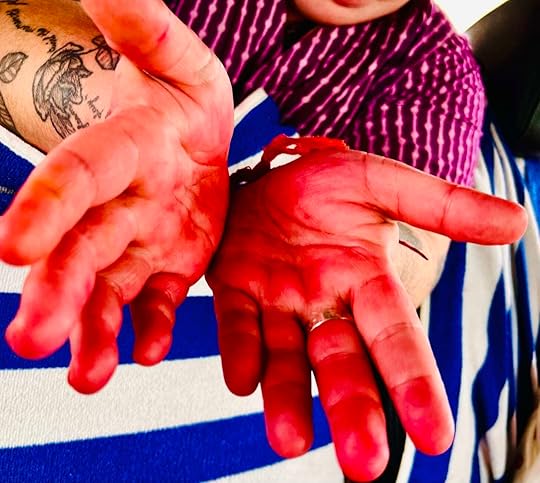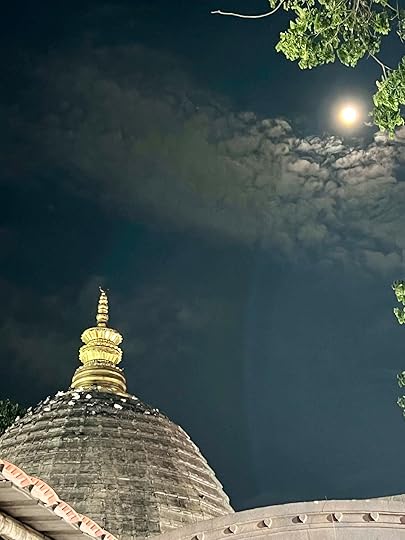In which I touch the Yoni of the Goddess.


Kamakyha Temple under a full moon with moon bow, picture by me
How are you liking Chai Society?
I’m having a lot of fun making it.
It’s always a bit challenging when I launch something new and don’t know how it’s landing.
So if drinking Chai with me is helping you feel more connected to life, please like and comment to let me know.
All love,

Published on November 11, 2025 07:43
